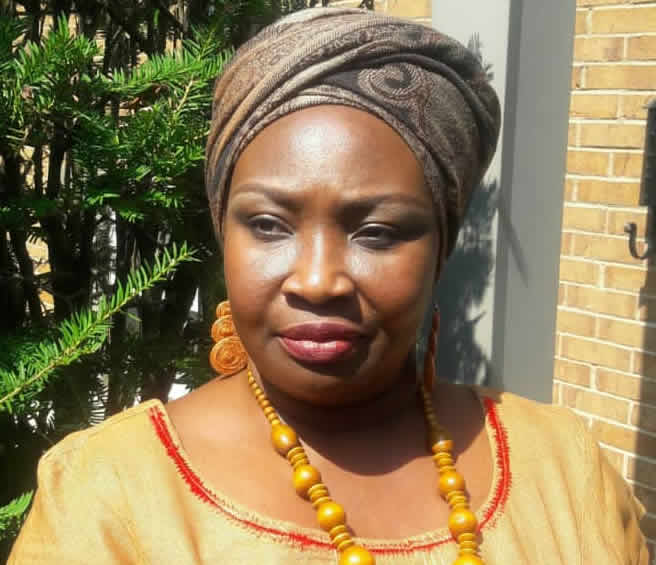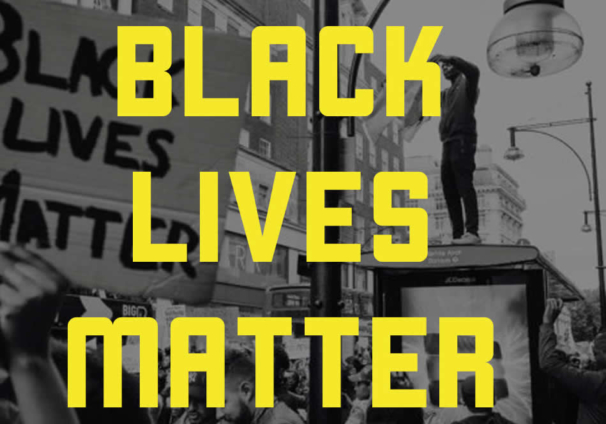Friends have been asking my opinion of current affairs. Here are my thoughts:
Could we?
Recent events have caused many to reflect on being black and living in America; well, and other parts of the world. Introspection is sometimes scary; but necessary if true change is to be effected in any situation. It is becoming fashionable for mega organizations to issue statements such as, “we have reflected on our past and realized that we were wrong. We are making every effort to make changes that would reflect who we are as a people.” Who are we? Who is the American?
I write this as an Immigrant of African Descent (IAD). I was born and raised in Ghana, West Africa. I react to questions like, “you have an accent, where are you from?” What does it really mean to say that a person has an accent? That, no one has yet explained to me.
Before you discard this as the rumblings of an irascible black woman with a chip on her shoulder, take a step back and try, no matter how minuscule, to see things from a different perspective – from underneath the table, the bottom of the ladder, the last desk in the far corner of the classroom, the kitchen sink, the cold or hot tar of the street when pinned down by a brutal force, a position so frightening that you wonder if you could ever make it someday.
Listening to BBC News a few days ago, Dr. Ankhi Mukherjee posed a question that set me thinking. She asked if there was a collective guilt due to the fact that what could have been changed in the past had been overlooked, which has now caused this tsunami of “I am sorry” tales.
Could society have staved off these global protests? Could past leaders have governed differently in order to do away with the endemic culture of put downs that people of color have suffered? Could organizations have established rules of conduct that uplifted every culture? Could church leaders have been more Christ-centered in their message and way of life? Could the Gospel take a more meaningful place in the cultural context? Could we truly seek reparation for unjust situations? Could we…could we…?
Would we?
The greater question now is would we move beyond mere apology? Would we admit to the existence of systemic racism? Would leaders come to terms with institutional racism and unravel the knotted bows that are strung around our necks?
Would CEOs look hard and square (or round) in the mirror and face the daunting task of making realistic changes where needed? Would churches, or places of worship admit that they too have knowingly and unknowingly perpetuated the culture of racism? Would co-workers desist from reporting minorities behind their backs so they can gain favors?
Would we redesign curricula to reflect how people of diverse races learn? Would we as a society see ourselves in the other? Would we continue to deal with issues by placing Band-Aid on bullet wounds? Would we desist from blackballing people when they speak up? Or, would these end up being simply dialogues that began and ended with no plausible positive actions? Would we keep burying our heads in the sand? Would we…would we?
Must we?
Must we be conciliatory? Why must we? Why mustn’t we? Must racial disparity in workplaces be addressed? Must history be rewritten? What has been taught for generations that subjugates one, and makes the other superior?
Must curricula be revised? Are people seeking to rewrite history? What part of history must we rewrite? Oh! Rewrite history? Must we? Which stories must we share with those who would come after us? Must we tell the truth, the whole truth and nothing but the truth? What is the truth? Must we? Can we? What legacy must we leave behind for our children?
It has been said that a mistake that makes one humble is better than an achievement that makes one arrogant. We have the opportunity to right the wrongs of the past. Could we? Would we? Must we?
***

About author: Dr. Dorothy Mensah-Aggrey was born and raised Catholic in Ghana, West-Africa; but appropriated the faith for herself while studying Music and Education in college. She earned a B. Mus. (with English Minor) and a Dip. Ed. simultaneously from the University of Cape Coast, Ghana and launched her teaching career in 1985. She taught Music, Dance and English at St. Augustine’s Catholic Boys College in Cape Coast; then moved to the US for her master's in Theology, and subsequently her doctorate in Education. She brings over 35 years of experience in teaching, administration, professional and curriculum development to her current role as Curriculum Design Specialist at the Institute for Pastoral Initiatives (IPI), University of Dayton (UD).
Latest Stories
-
MELPWU signs first-ever Collective Agreement with government
8 mins -
I’ve not been evicted from my home – Tema Central MP refutes ‘unfounded’ reports
9 mins -
After Free SHS, what next? – Alan quizzes and pledges review to empower graduates
39 mins -
Wontumi FM’s Oheneba Asiedu granted bail
50 mins -
Alan promises to amend the Constitution to limit presidential powers
1 hour -
Ghana to face liquidity pressures in 2025, 2026 despite restructuring most of its debt – Fitch
1 hour -
NPP’s record of delivering on promises is unmatched – Bawumia
1 hour -
Mahama: It’s time to dismiss the incompetent NPP government
1 hour -
Today’s front pages: Monday, November 25, 2024
2 hours -
T-bill auction: Government misses target again; interest rates continue to rise
2 hours -
We have a bad technical team; Otto Addo and his team should go – Ernest Thompson
3 hours -
Hindsight: Why Accra Lions’ present problems do not define them
3 hours -
10-year-old Lisa Laryea arrives at Wits Donald Gordon Hospital in South Africa for bone marrow transplant
4 hours -
23 ambassadors inducted to take on 2025 GSTEP Challenge in three regions
4 hours -
Ghana Shea Workers Union inaugurated
4 hours

